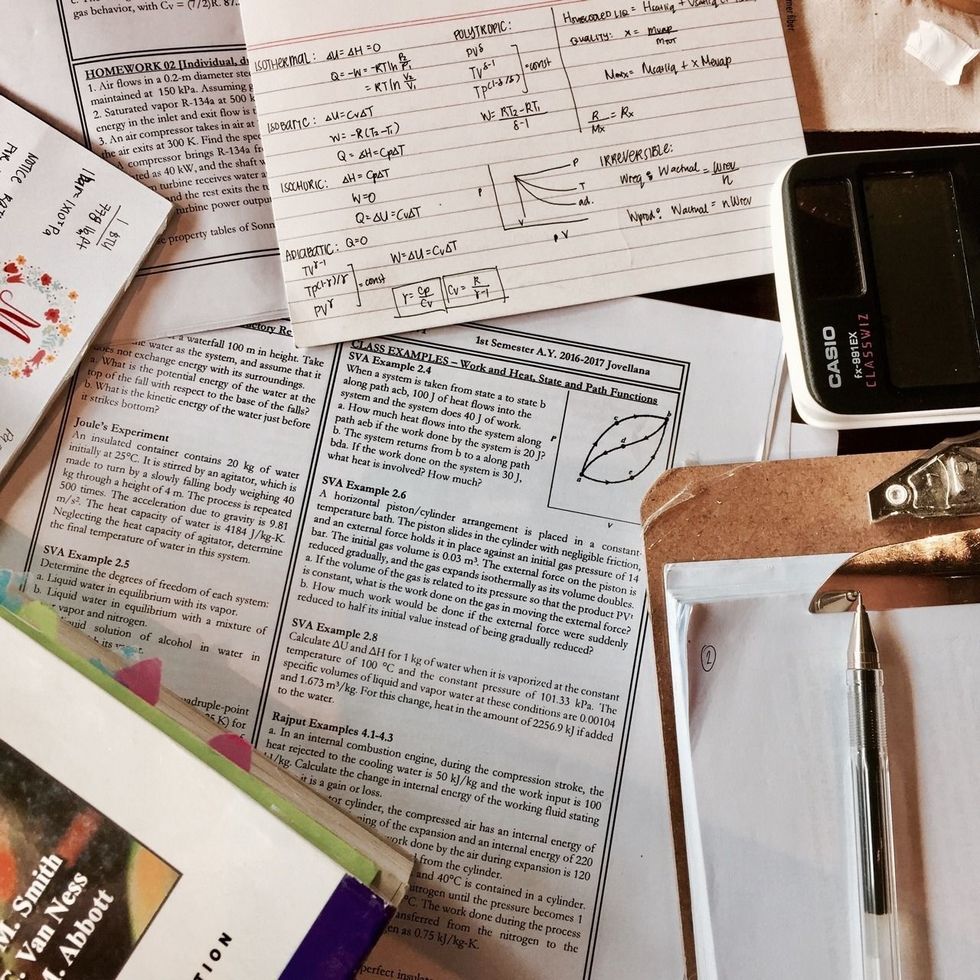Midterm season is upon campus, and this is the time when deadlines and exams are beginning to pile up. You can sometimes feel like you are drowning in all the work, especially if you do have a difficult time organizing or finding motivation. Here are some helpful tips and tricks to surviving midterm season:
1. Study!
You are not going to magically do well on your midterms if you do not study. Midterms usually cover nearly all of the information you have covered in class since the first day. There may be some content that you forgot about because at the time you believed it was insignificant and you did not need to remember it. If you believe you already remember all of the information, just skim over your notes and old assignments just to double-check that you remember everything.
2. Sleep!
As a college student, I know it can be difficult to get enough ZZZs at night, but they are very important. A study done at Stanford University revealed that college students should get at least either hours of sleep every night. Obviously, that is difficult when you are studying for multiple exams and completing an insane amount of assignments. But in all honesty, eight hours of sleep is extremely important. Sleep is a time when our brains repair themselves, and it is also a time when our blood vessels and heart repair themselves too. Sleep also enhances academic performance because when you get enough sleep, it helps your brain retain information and it increases your focus. Getting enough sleep at night will help you retain information for that big exam on Friday or help you write that ten paper due.
3. Take breaks!
Nobody likes burnout. After studying for a while, your brain will not be able to keep in-taking information. Taking short breaks helps your body relax for a short while before you return to your work. Taking a short walk, grabbing food, or just hanging out with friends are perfect examples of a break.
4. Set a schedule!
With a million deadlines coming up, a planner or calendar can prove to be a lifesaver. Having everything organized can help you keep track of what is the highest priority at the time and it also prevents you from always wondering what you need to do. So I highly recommend putting in your deadlines into your phone calendar, or even a small planner.
5. Talk to your professors!
It is their job to make sure you are learning what you are being taught. If you are not learning anything, they are not doing their job right. Find out when your professors' office hours are, or if they have any study sessions scheduled. If you cannot find that, I suggest emailing them and see if you can make an appointment with them to go over any content that you may be struggling with. Some professors may seem unapproachable, but trust me, if you approach them for help, they will gladly help.
6. Do not procrastinate!!!
Procrastination just leads to more stress, and it will negatively impact you on different levels. Just trust me, as a professional procrastinator, it is not fun to procrastinate. It will not end well.



 Photo by
Photo by  Photo by
Photo by  Photo by
Photo by 










 Photo by
Photo by 
 Photo by
Photo by 

 Photo by
Photo by  Photo by
Photo by  Photo by
Photo by 











